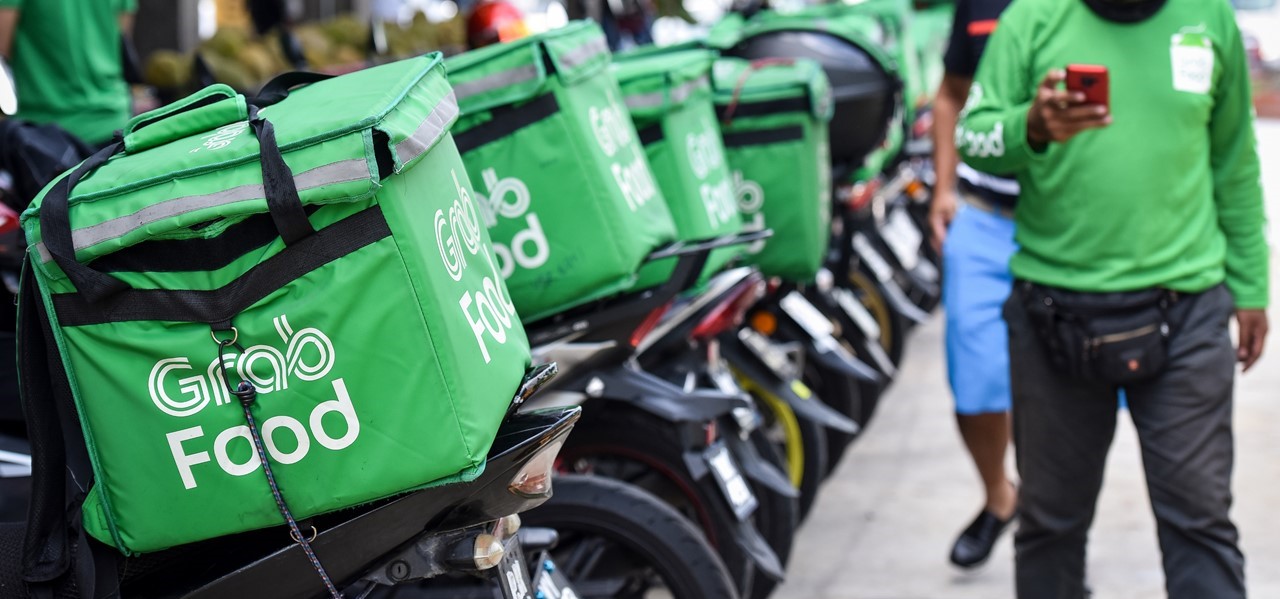GRAB, Gigs, and Government- How Should We Regulate Big Tech Companies
Regulating big tech companies is becoming a theme ... read more
Written by: Morning Run Team

Regulating big tech companies is becoming a theme around the world, with the rise of unions and tighter government regulations. Here in Malaysia, our biggest example is GRAB, the ride-hailing and digital payment service, and one of South-East Asia’s biggest tech start-ups. Wong Chen, Member of Parliament for Subang tells us more on how and why we should rein in GRAB’s monopolistic behaviour, and the problems with the gig economy.
1. That’s the Whole Pie
While there are about 30 e-hailing companies out there, anything above 50% is already market dominance. GRAB’s last reported statement indicated that they control 95% of third party of taxi hailing and 72% of private vehicle hailing. This is mostly due to GRAB’s first mover advantage, which has lasted for 10 years since their start in 2012, and both Singapore and the Malaysia Competition Commission (MYCC) have taken action, with the MYCC proposing a fine of RM87 million in 2019.
2. Too Many Gigs
Governments should be worried about the rise of the gig economy, which consists of independent or temporary workers like graphic designers or GRAB drivers. An estimated 26%, or 1 out of every 4 jobs in Malaysia are now gig jobs, which means that a quarter of the country’s workforce has no social safety net, pensions, paid holidays, or insurance. Policymakers want to see this ratio drop to 10% through regulation, but they need to see data that indicates these policies will be effective.
3. Jobs, Not Gigs
With youth unemployment at 16%, the real problem is that the government isn’t creating enough full-time jobs. It’s in the government’s best interest to create a robust, resilient, balanced economy, because full-time employees pay taxes back to the government, unlike companies like GRAB, which aren’t the greatest taxpayers. An example of such a balanced economy is Norway, which has a 2.5% gig economy, compared to the hyper-capitalism of America at 36%.
4. Defending the People
The government’s first priority isn’t about controlling or penalizing companies, but protecting workers, consumers, and people, since companies like GRAB tend to set their own prices and contracts that greatly limit their workers’ mobility. However, a review of the current legal framework likely wouldn’t help much, since there aren’t that many antitrust issues, and the government should regulate this with a soft touch rather than with big antitrust busters for a relatively small problem, especially since there is not enough political will in the first place.
5. Government-Sanctioned Competitors?
Government is often paved with great intention and poor implementation. BERNAS is a monopoly recognized, sanctioned, and regulated by the government, and has faced a lot of criticism, and government platforms like WarungKu, have a tendency to lose money instead of generating profit, which is a waste of taxpayer money.
Written by Toby Teh and Edited by Lyn Mak
Tags: grab, monopoly, gigeconomy, techgiant, regulations
Categories: Business Analysis Sme Entrepreneurship Politics Social Issues
The 6AM Stretch
World Market Watch
Carlos Casanova, Senior Economist, UBP
Morning Brief
Morning Brief
Edmund Bon, Lawyer, Amer Bon Advocates
Morning Brief
Nur Arfah Zaini, Licensed & Registered Counsellor and Clinical Psychologist
The Breakfast Grille
Dr Apurva Sanghi, Lead Economist for Malaysia, World Bank
Morning Brief
Prof. Zaharom Nain, EXCO Member, GERAK
Morning Brief
Opening Bell
Opening Bell
Ray Kwok, Director , Research Department, CGS International Securities
The Property Show
Keith Ooi, Group Managing Director, Knight Frank Malaysia
Open For Business
Abdul Muthalib Zulkarnain, Founder and CEO of Get Hyred
The Workplace
Ai Rene Tan, Country Manager, Robert Walters Malaysia (REPEAT)
Enterprise Explores
Bikesh Lakhmichand, Founder, 1337 Ventures Kevin Brockland, Founder and Managing Partner, Indelible Ventures
The Breakfast Grille Repeat
Dr Apurva Sanghi, Lead Economist for Malaysia, World Bank
Beyond the Ballot Box
The Klang Valley Needs 7000 Buses Yesterday! [REPLAY]
Earth Matters
How Can We End Waste Colonialism? Wong Pui Yi, Center to Combat Corruption and Cronyism (C4 Center) | Nabila Zulkeflee, Center to Combat Corruption and Cronyism (C4 Center)
Top 5 at 5
Inside Story
Head to Head
Front Row [REPEAT]
Cruise Control (REPEAT)
The Perodua EV Plan Is In Motion; Daniel Fernandez, Managing Editor, dsf.my
The Pulse